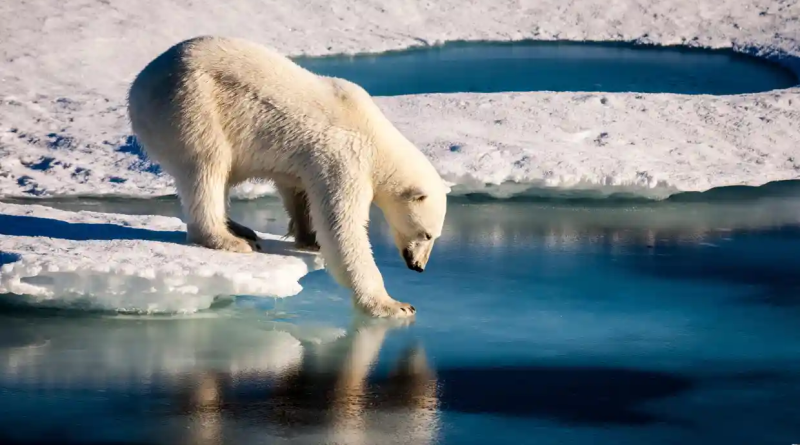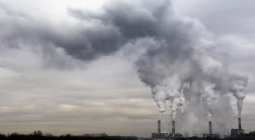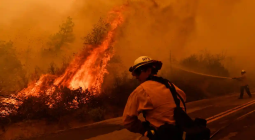Why are the three IPCC working group reports significant?

The Intergovernmental Panel on Climate Change (IPCC), made up of the world’s leading climate scientists, has now published all three sections of its landmark comprehensive review of climate science.
Working group 1, published in August 2021, covered the physical basis of climate science, delving deeply into atmospheric chemistry and physics. It found that humanity was “unequivocally” to blame for major and “unprecedented” changes to the climate that were already being observed, and that some of these changes – including polar ice melt – were rapidly becoming “irreversible”.
Working group 2, published in February 2022, dealt with the impacts of the climate crisis. It found that nowhere on Earth would escape the dire impacts, including heatwaves, droughts, floods and rising sea levels. Half of the global population is already “highly vulnerable”, mass die-offs of species are already under way, coastal areas face inundation at temperature rises of 1.5C above pre-industrial levels, and key ecosystems are losing their ability to absorb carbon dioxide, turning from carbon sinks to carbon sources.
Working group 3, published on 4 April 2022, set out the ways in which the world can reduce greenhouse gas emissions. It found that countries were falling behind on the policies and actions needed to reach net zero emissions, and on current form could see temperatures rise by as much as 3C, a catastrophic level. Drastic changes will be needed to all aspects of the global economy and society, to phase out dependence on fossil fuels. Staving off the worst consequences predicted by the first two working groups is still possible, but only if governments take immediate and decisive action.
This is the IPCC’s sixth assessment report, bringing together all of the world’s knowledge of the climate, since it was set up in 1988. Drawing on the work of thousands of scientists, from research papers published over the last eight years, the final report was supposed to be published last year but was delayed by the Covid-19 pandemic, which forced the key discussions to take place online.
Scientists will draw up one further document: a synthesis report in October, taking in the key messages from all three working groups. This will be given to policymakers before the next UN climate summit, Cop27 in Egypt this November, at which governments are being urged to set out clear policies and goals in line with halving greenhouse gas emissions this decade and reaching net zero by 2050.
Yet the picture could already be even worse than the IPCC has presented. The IPCC data took in research papers published from 2014 up to last year, but since then the world has experienced even more extreme weather. The IPCC reports are regarded as cautious and conservative by many scientists, and the summary for policymakers that sets out the key messages of each working group are subject to inputs from governments that some regard as watering down.
Last month, the Arctic and Antarctic saw unprecedented simultaneous heatwaves in both polar regions, prompting some scientists to warn that changes were happening much faster than the IPCC had predicted. Michael Mann, director of the Earth System Science Centre at Pennsylvania State University, told the Guardian: “The models have done a good job projecting the overall warming, but we’ve argued that extreme events are exceeding model projections.”
Mark Maslin, professor of earth system science at University College London, added: “I and colleagues were shocked by the number and severity of the extreme weather events in 2021, which were unexpected at a [current] warming of 1.2C. Now we have record temperatures in the Arctic which, for me, showed we have entered a new extreme phase of climate change much earlier than we had expected.”\
Author:Fiona Harvey
Photograph: Mario Hoppmann





